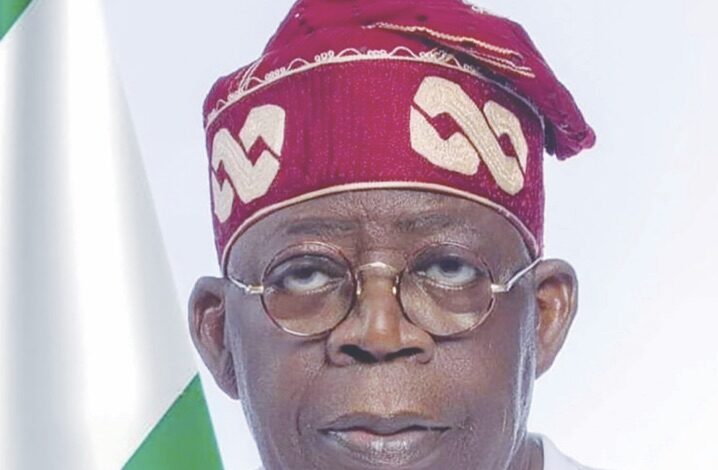The Lagos State Government has reiterated its prohibition of corporal punishment in public schools, advocating counselling as a more effective disciplinary measure.
Jamiu Alli-Balogun, the Commissioner for Basic and Secondary Education, reaffirmed this stance in an interview with the News Agency of Nigeria (NAN) on Monday. He stressed that flogging students remains strictly prohibited to prevent injuries, fainting, or fatal incidents.
“There is a policy here in Lagos and other parts of the country prohibiting teachers from giving corporal punishment to students/pupils,” Alli-Balogun stated. “Against flogging, we have adopted counselling as a measure of correction.”
While endorsing a non-violent approach, the commissioner noted that minor corrective measures—such as kneeling, picking up litter, or cutting grass within school premises—could be employed as alternatives. He described these as part of “positive reinforcement” to shape student behaviour and encourage discipline.
“The idea is to make the student understand why he or she must not misbehave,” he explained. “Counselling is basically to correct.”
Alli-Balogun attributed many cases of student misbehaviour to poor parental upbringing and urged parents to be more involved in their children’s lives.
Since the ban on flogging, he noted, student discipline has improved significantly, with learners becoming more conscious of their actions and potential consequences.
Lagos State officially banned corporal punishment in public and private schools in 2022. That same year, it launched the Safeguarding and Child Protection Programme to reinforce child safety and promote alternative disciplinary measures.









